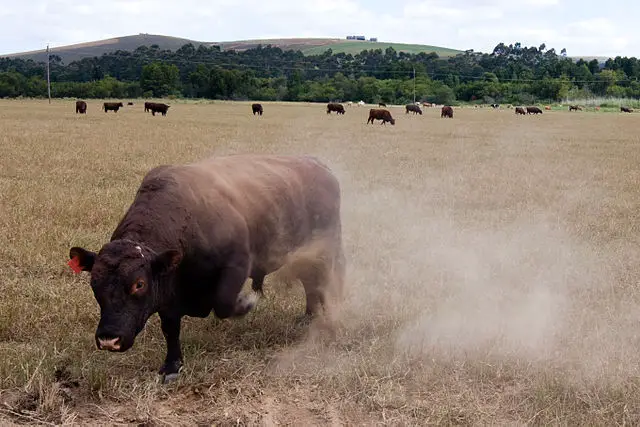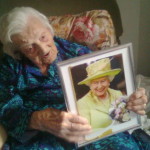Jonathan Dodd’s latest column. Guest opinion articles do not necessarily reflect the views of the publication. Ed
So it really annoys me when people start their sentences with “So”. So I sit there watching television and it seems like every interviewee is doing it. Back when Mr Blair was PM, he used to start every sentence with “Listen”. And before him, John Major used to say “Look”. I expect there were other politicians before them who used different words.
It took me a while to understand what these verbal bollards were supposed to be doing. Like a line of traffic cones, or towels on sunbeds, they’re designed to prevent the other person saying anything until the person, the owner of the “So”, is ready to actually start saying what they want very much for you to listen to. Sometimes they mistake this for leadership.
Slipped through the air into our uncomprehending minds
I had an aged relative once, who used to put up her hand, palm towards you, and lower her eyes to the ground. This could take an age, and we all knew better than to interject, before her pearl of wisdom was slipped through the air into our uncomprehending minds. The aim is to own the conversation, of course. That’s usually more important than anything they’re actually going to say.
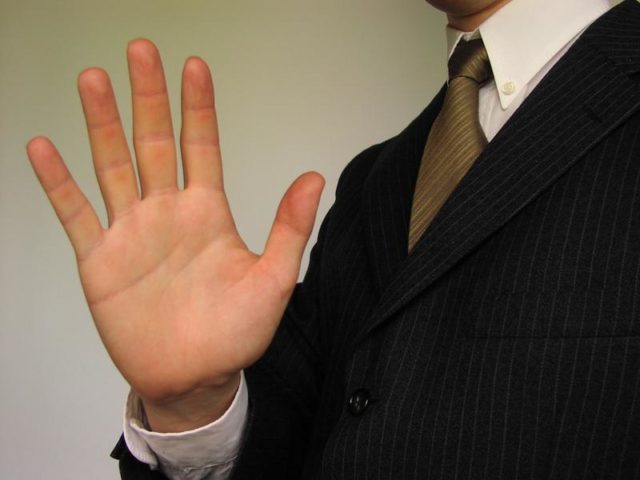
It may be possible that the person who says “So” doesn’t actually know what they’re going to say. Or maybe they haven’t fully formed the sentence yet, or they’re refining it. Or maybe they’re searching the depths of their dark and empty brain for something that resembles a thought. Sometimes I think it might simply be a tactic to prevent the other person from saying anything at all.
This doesn’t make their opinion less stupid
There was a time when children were expected to be seen and not heard. It was also a time when women knew their place and the working man looked up to the professional man, who looked up to those above. And so on. I much prefer things as they are now, with the one reservation that a stupid opinion is not just as valuable as an informed opinion, which seems to be so prevalent on social media. Everyone has an equal right to hold an opinion, no matter how stupid it is. This doesn’t make their opinion less stupid, that’s all.
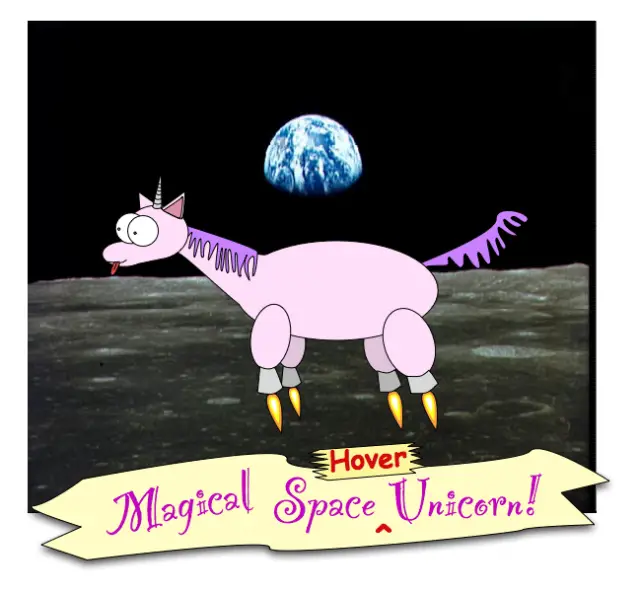
My Dad used to be a bit of a rebel. Sometimes he would take an unusual position on something during a conversation, and no matter who tried to talk him out of it, he just became more and more stubborn, refusing to acknowledge the validity of the opposing argument. I remember once listening to him swearing blind that the Earth is flat, while tempers rose all round him.
My Dad left a lot of question marks behind
I never found out whether he really believed what he was saying, or was just having some kind of joke. Maybe he just didn’t like those people, and needed to rile them. I really don’t know. One thing about my Dad is that he left a lot of question marks behind. I can’t work out whether I should admire him or not. Maybe he didn’t have such a good sense of humour and overplayed it, or maybe he was nervous in public and got stuck in positions he didn’t know how to extricate himself from.

I remember feeling the same sort of thing quite a lot in my developing years, when I found myself thinking all sorts of thoughts that went right against the grain of the beliefs of all those adults around me who felt they needed to mould me into whatever they had in mind. I’m not alone in this. Every teenager worth his or her salt has the same trouble. I discovered that I had a great ability to paint myself into the tightest of corners, and did a lot of crashing and burning.
I became sympathetic to their difficulties
After a while I discovered that it became easier if I reversed the behaviour that previously gave me so much trouble. When I felt myself shuffling backwards onto that plank at the sword-point of some enraged adult, I just caved in and agreed wholeheartedly with them. I discovered that nothing confuses an angry adult as much as being agreed with. They could never really decide if I was actually persuaded or was mortally insulting them in some indefinable way.
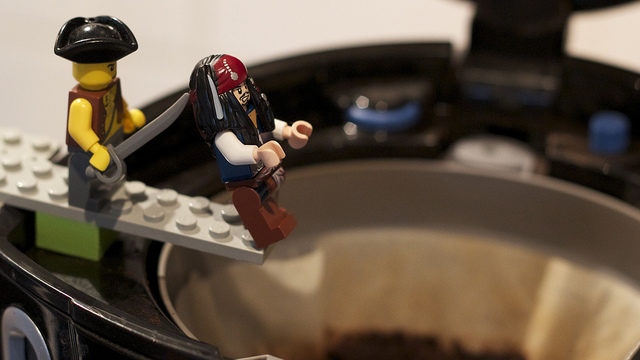
Thus I discovered a tactic that started to save me, and which contained an element of humour too, which can’t be bad, and I became sympathetic to their difficulties. The thing I was discovering was that many people don’t actually want to think about things, or don’t have the confidence to form or state opinions, and would rather live by received wisdom.
Mainly because they’ve been thinking
There is no doubt that received wisdom is a force to be reckoned with. There would hardly be a book or film without it. Any story seems inevitably to contain a lot of people who want things to stay as they are, and a small number, or even just one person, who feels a terrible need to change things. I’ve always rooted for the voice in the wilderness, feeling instinctively that they’re probably more right than the others. Mainly because they’ve been thinking.

I don’t necessarily think they’re always right, but I have to admit that it’s a powerful force within me. I’ve always been fascinated by this struggle, and I’m not much nearer to understanding it than I ever was. some people are just born to huddle together, and others seem destined to always take the long way home.
We are capable of both herding and living alone
Whenever I watch nature programmes on the television, I’m struck by the single most obvious difference between species. Some expect to be hunted, so they breed a lot and stick together. Others expect to be doing the hunting, and tend to work alone. I can’t think of an example where a species can swap from one to another. In this way we’re unique, because we are capable of both herding and living alone. Each one of us has both these instincts in us, and we all tend to favour one over the other.
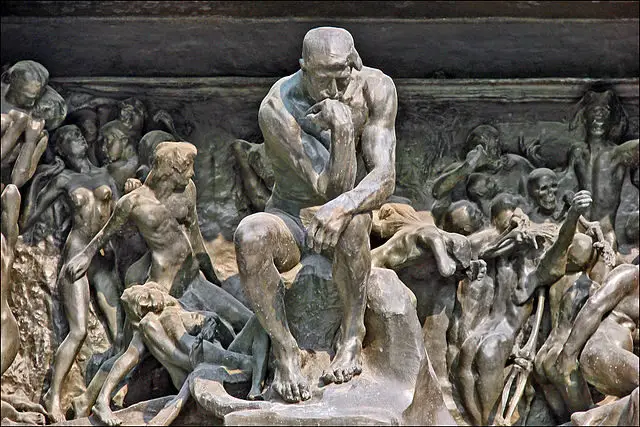
Luckily we don’t have to hunt any more, unless we’re American dentists with desperate urges to shoot friendly lions. We use these instincts in our social and intellectual pursuits. Our urge to fit in can become our dominant behaviour, or we may use our hunting instincts to scrutinise the layout of the land and decide what position would best suit us.
We are all individuals
It’s no wonder that these two contradictory instincts come to the foreground when we’re adolescents, because that’s when we make the decisions about ourselves that we’ll carry for the rest of our lives. There’s a terrible desire to conform, as in the clothes we wear and the music we listen to, and what gangs or cliques we run with. At the same time each one of us is desperate to be seen and treated as an individual. Until one of these becomes dominant, it’s hell to live with, from inside and outside.
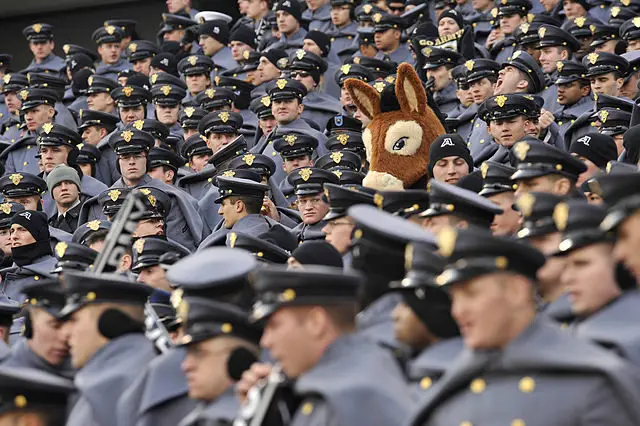
I’m glad I’m not an adolescent any more. I can still remember it, with a series of shudders. Of course, it was wonderful and raw and extraordinary at the same time. And I’ve since discovered that this imprinting doesn’t need to last for the whole of our lives. We can change. I’ve known lots of people who’ve swapped at all sorts of ages from being a sheep to a wolf, or vice versa. or maybe they become a little bit less of one and a little more of the other. And it’s always an exhilarating change.
It’s a bit like emerging from adolescence
This is very evident at the moment, watching all these politicians, usually desperate to club together to show how brilliant they are at being team players, suddenly shedding that skin in favour of the cloak of leadership, where they seek to demonstrate their ability to become distinct and separate, capable of strong leadership and concise decisiveness. It’s a bit like emerging from adolescence.
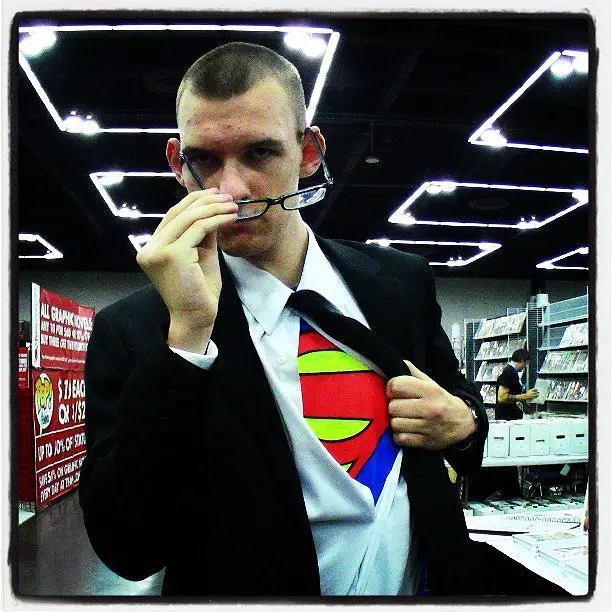
I just hope whoever becomes the next leader doesn’t start saying “So” at the beginning of each sentence.
So, if you have been, thank you for reading this.
Image: Bart Hiddink under CC BY 2.0
Image: Johnny Magnusson under CC BY 2.0
Image: candescence under CC BY 2.0
Image: JooJoo41 under CC BY 2.0
Image: dr_po under CC BY 2.0
Image: shemp65 under CC BY 2.0
Image: Jean-Pierre Dalbera under CC BY 2.0
Image: The U.S. Army Ms. Eboni Myart/AMVID under CC BY 2.0
Image: adamthealien under CC BY 2.0

